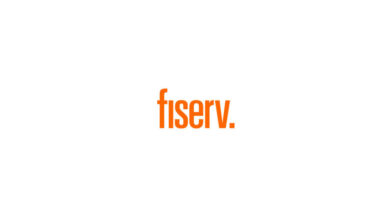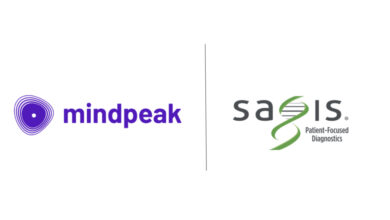CFK Africa Hosts One of CDC’s Largest Overseas Population-Based Disease Surveillance Platforms

NGO tracking infectious diseases in global blind spots to help with future public health crises
NAIROBI, Kenya–(BUSINESS WIRE)–#CDC—CFK Africa, an international nonprofit with offices in Nairobi and the U.S., is working with the U.S. Centers for Disease Control and Prevention (CDC) to host one of the largest overseas population-based infectious disease surveillance (PBIDS) initiatives, tracking the spread of infectious diseases such as the coronavirus and informing other public health measures in Kenya.
Since 2007, CFK Africa has partnered with the CDC in Kenya to conduct the surveillance activity among approximately 30,000 residents of Kibera, which is one of the largest informal settlements in Africa and located just outside of Nairobi’s central business district. The surveillance program focuses on monitoring infectious diseases such as pneumonia, diarrheal and febrile illnesses, as well as Covid-19, which was added during the pandemic.
“The CDC is able to use this data to harness and build local lab and research capacity in Kibera, inform policy and programming in Kenya, and support its efforts to track infectious diseases worldwide while strengthening global health security,” said CFK Africa Executive Director Hillary Omala. “We are also drawing on the data at CFK Africa to inform new interventions and strengthen our existing programming to meet emerging and increasing needs.”
Over the years, the CDC’s PBIDS initiatives have been established around the world and supported new interventions for rotavirus and a pneumococcal conjugate vaccine (PCV10). The PBIDS platform in Kibera, operated jointly by the CDC-Kenya, Kenya Medical Research Institute (KEMRI), and CFK Africa, along with the CDC’s PBIDS site in Asembo have contributed to more than 80 peer-reviewed journal articles on topics ranging from the environmental transmission of typhoid fever to severe acute respiratory infections in children.
More recently, PBIDS helped provide accurate data about the spread of the coronavirus, showing that the prevalence of SARS-CoV-2 antibodies in Kibera residents increased from 43 percent in December of 2020 to 64 percent by June of 2021, for example. These findings demonstrated the high levels of coronavirus transmission in densely populated informal settlements and emphasized the need to prioritize Covid-19 vaccine distribution in Kibera and similar settings.
“Informal settlements and other under-resourced areas suffer the greatest burden of disease, but reliable data to demonstrate this to national and international agencies is often lacking,” added Omala. “CFK Africa’s partnership with the CDC helps generate actionable data that assists scientists and public health officials in making informed decisions and enacting more equitable and effective public health responses.”
About CFK Africa
Founded in 2001, CFK Africa improves public health and economic prosperity in informal settlements in Kenya through integrated primary health services, economic development initiatives, and its ongoing Covid-19 vaccine distribution efforts. Using a participatory development approach, CFK works directly with residents to develop and implement sustainable programs. After marking 20 years of service in Kibera in 2021, CFK began expanding to additional informal settlements in Nairobi County and across seven new counties in Kenya, including Kajiado, Kiambu, Kilifi, Kisumu, Machakos, Mombasa, and Nakuru. For more information, visit www.cfkafrica.org.
Contacts
Media Contact
Alison Beckwith, 1-202-536-7174, [email protected]



